
Latest
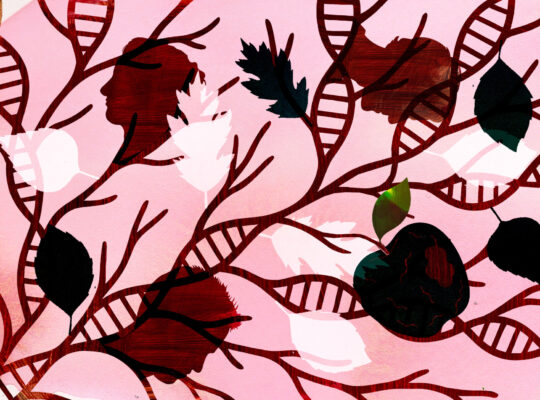
Spilling the Genes
The news in March that 23andMe had filed for bankruptcy sent customers scrambling to delete their DNA data. Having written about true crime, I already understood that DNA reveals much more than just our genetic material. But I never envisioned it upending my own family’s story.

Talahons on Trial
Germany’s word of the year is “talahon.” It emerged from hip-hop as a meme characterizing Arab-German youth, morphed into a cultural phenomenon and was ultimately weaponized by the far right to gain unprecedented support in the recent federal elections.
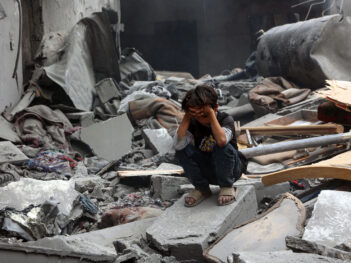
The War We Don’t See
Journalist and humanitarian Arwa Damon returns to the podcast to discuss why she was recently denied entry into Gaza, the reasons why wars vanish from the public eye, and the personal cost of her years witnessing conflict.

Should Antarctica’s Ice Have Legal Rights?
Antarctica has neither a government nor a fixed population. But a group of environmental lawyers is arguing that the flora, fauna, ice and mountains of the southern continent should have legal standing on the world stage.
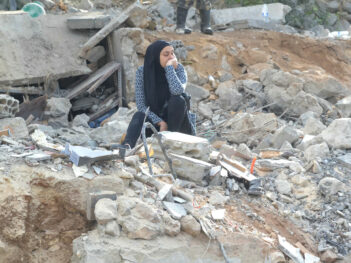
Clearing Lebanon’s War Rubble
Lebanon is grappling with 32 million tons of rubble — and counting — created since war with Israel broke out in 2023. A controversial proposal to dump the debris in the Mediterranean is raising environmental concerns, while some advocate recycling it for reconstruction, amid government inaction and a financial crisis.
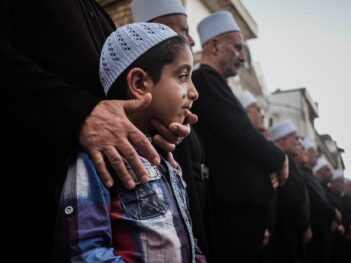
Reincarnation and the Legacy of Lebanon’s Civil War
This month, Lebanon marks 50 years since the start of its civil war. In the country’s Druze mountains, belief in reincarnation means that memories of past lives intertwine with the enduring trauma.
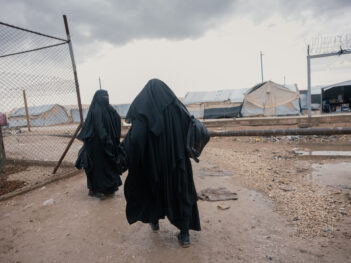
In Syria’s Detention Camps, Fears Grow of an Islamic State Resurgence
The al-Hawl and Roj camps in northeastern Syria house the remnants of the Islamic State group, including many foreign nationals, women and children. Amid uncertainty over U.S. funding for the camps and political change within Syria, fears are growing of some form of resurgence from among the radicalized detainees.
